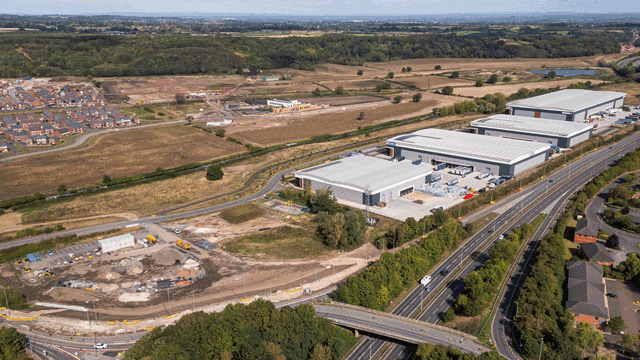 A woman who has been accused of having her multi-million pound Kensington townhouse painted in red and white stripes in protest over a planning dispute with the local authority today launched a High Court challenge to its policy on basement developments.
A woman who has been accused of having her multi-million pound Kensington townhouse painted in red and white stripes in protest over a planning dispute with the local authority today launched a High Court challenge to its policy on basement developments.
The case throws into focus how the saturated London property market is driving homeowners underground in their desire for more living space, raising concerns with authorities in exclusive areas of the capital over the effects of such developments on neighbours.
Zipporah Lisle-Mainwaring, together with specialist contractors Basement Force, is asking Lang J to quash a recent revision to the Royal borough of Kensington and Chelsea’s core strategy known as its basements planning policy, which places tighter controls on underground extensions.
The policy, intended to protect residential amenity in the borough from the noise, disturbance and additional traffic movements associated with basement development, and to achieve only the highest standard and quality of development, limits such extensions to a single-storey and restricts them to 50% of any garden, with exceptions possible only for “large comprehensively planned sites”.
However, Lisle-Mainwaring and Basement Force say that the policy is likely to lead to precisely the form of harm it seeks to prevent, due to the availability of permitted development rights under the Town and Country Planning (general Permitted Development) Order 2015 (“the GPDO”) that apply to basement development as long as it does not extend beyond any relevant wall of the dwellinghouse concerned, or come within a prohibited distance of a relevant cartilage boundary.
They argue that the GPDO imposes no limit on the depth of any basement constructed, and that the potential impacts of construction under those rights on the amenity of adjoining properties cannot be controlled by planning condition. As a result, they say that the impact of the new basements policy is that it is likely to result in landowners seeking to construct larger basements that fall under permitted development rights.
Far from reducing the impact of basement development in the borough on residential amenity, they say the policy is likely to make the situation worse, and that the council has acknowledged that this will cause significant and unacceptable harm by making an Article 4 direction, due to come into force in April 2016, that curbs permitted development rights.
Paul Brown QC, representing them, argued that the basements policy was adopted without due regard to these effects on permitted development rights and was therefore “fundamentally flawed”.
Kensington and Chelsea is defending the policy in a hearing scheduled to take place over three days. Lang J is expected to reserve her judgment and give it in writing at a later date.
Lisle-Mainwaring and anr v Royal Borough of Kensington and Chelsea Planning Court (Lang J) 7 July 2015









